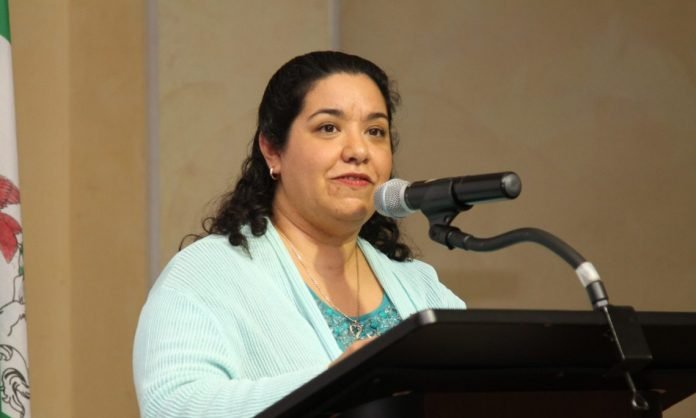By Amin Kef Sesay
On the 11th March 2020, the United States Department of State released the 2019 Country Reports on Human Rights Practices (otherwise known as The Human Rights Report) focusing on different aspects of the nation. This medium, over time, will be publishing certain aspects of the Report. In this edition our focus is on Freedom of Expression including that for the Press, Freedom of Peaceful Assembly as well as Movement.
The Report Reads:
The constitution and law provide for freedom of speech and press, and the Government generally respected these rights, but there were exceptions.
Freedom of Expression: Government officials used criminal slander provisions of the law to impede witness testimony in court cases, including anti-corruption matters, and to target persons making statements that the Government considered to be against the national interest. While there is no hate speech law, at times authorities used hate speech as a legal justification for restricting freedom of speech.
The HRCSL and Amnesty International reported no arrests or detentions in relation to freedom of expression.
Press and Media: Most registered newspapers were independent, although several were associated with political parties. Newspapers openly and routinely criticized the Government and its officials as well as opposition parties. While independent broadcast media generally operated without restriction, there were exceptions. International media could operate freely but were required to register with the Ministry of Information and Communications and the Government-funded Independent Media Commission to obtain a license. Acting beyond its mandate, the National Telecommunications Commission of Sierra Leone instructed all community radio stations to register as commercial stations, which requires the payment of a license fee. According to a media rights NGO, the fee requirement would force many stations, particularly in rural areas, to shut down.
Violence and Harassment: There were reports authorities used violence and harassment against journalists. In September presidential bodyguards physically assaulted two female journalists reporting on a sporting event at the national stadium, where President Bio was in attendance. The presidential guards reportedly threatened to shoot the journalists, and one of them was hospitalized. In October an investigative committee composed of civil society, media, and Government officials recommended the removal of one presidential guard from the force, and the Government complied. In October two opposition party members, including a former Mayor of Freetown, were arrested and charged with the 2018 murder of journalist Ibrahim Samura.
Libel/Slander Laws: The law punishes defamatory and seditious libel with imprisonment of up to three years. In September the Cabinet voted to repeal the criminal libel law, but as of November, Parliament had not approved the repeal. According to the Sierra Leone Association of Journalists, during the year at least eight journalists were arrested under criminal libel law on allegations of defamation and libel.
In January police arrested and detained for two days the Editor of Nightwatch newspaper, Emmanuel Thorli, for defamatory libel and released him on bail. Police investigators reportedly pressured the journalist to disclose the source of an article about the issuance of diplomatic passports to 300 relatives of President Bio.
On November 3, a comedian was arrested and charged under criminal libel law for allegedly defaming President Bio.
Upon assuming office in 2018, President Bio introduced an executive order lifting the ban on public assembly, including Sunday trading, imposed by his predecessor.
In a few cases, police used excessive force when dealing with demonstrators and used public order law to deny requests for protests and demonstrations. On May 31, police fired teargas canisters into the headquarters building of the opposition APC, which resulted in several injuries.
The constitution and law provide for freedom of internal movement, foreign travel, emigration, and repatriation, and the government generally respected these rights. On February 19, the Ministry of Labor and Social Security indefinitely suspended all overseas labor recruitment. Minister Edward King indicated that the rationale for this ban was to discourage trafficking in persons.
In-country Movement: There were reports that police officers operating security roadblocks nationwide as part of routine security checks often extorted money from motorists. The SLP banned unauthorized vehicular movement during an August 24 parliamentary by-election. All political parties, including the main opposition APC party, welcomed the restriction. The government continued to enforce a ban on civilian individuals and vehicular movement on the first Saturday of each month in order to support a nationwide cleaning exercise. This ban interfered with a religious group’s right to assemble for Saturday morning prayers.




